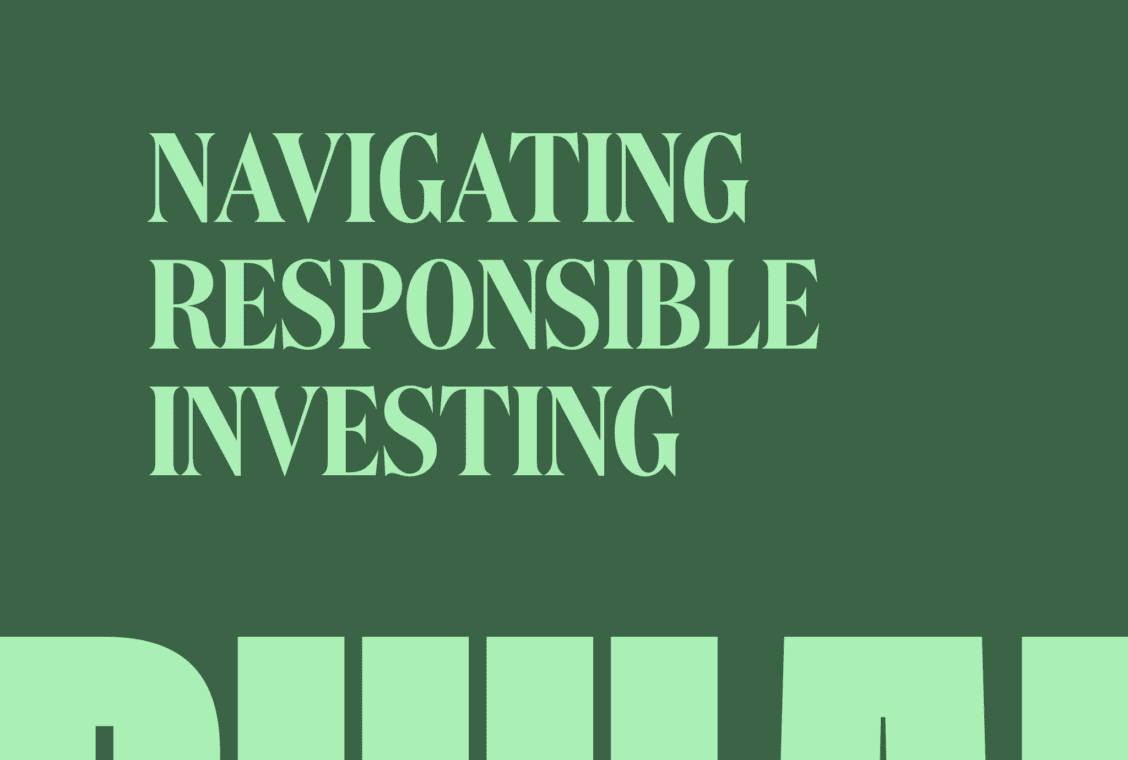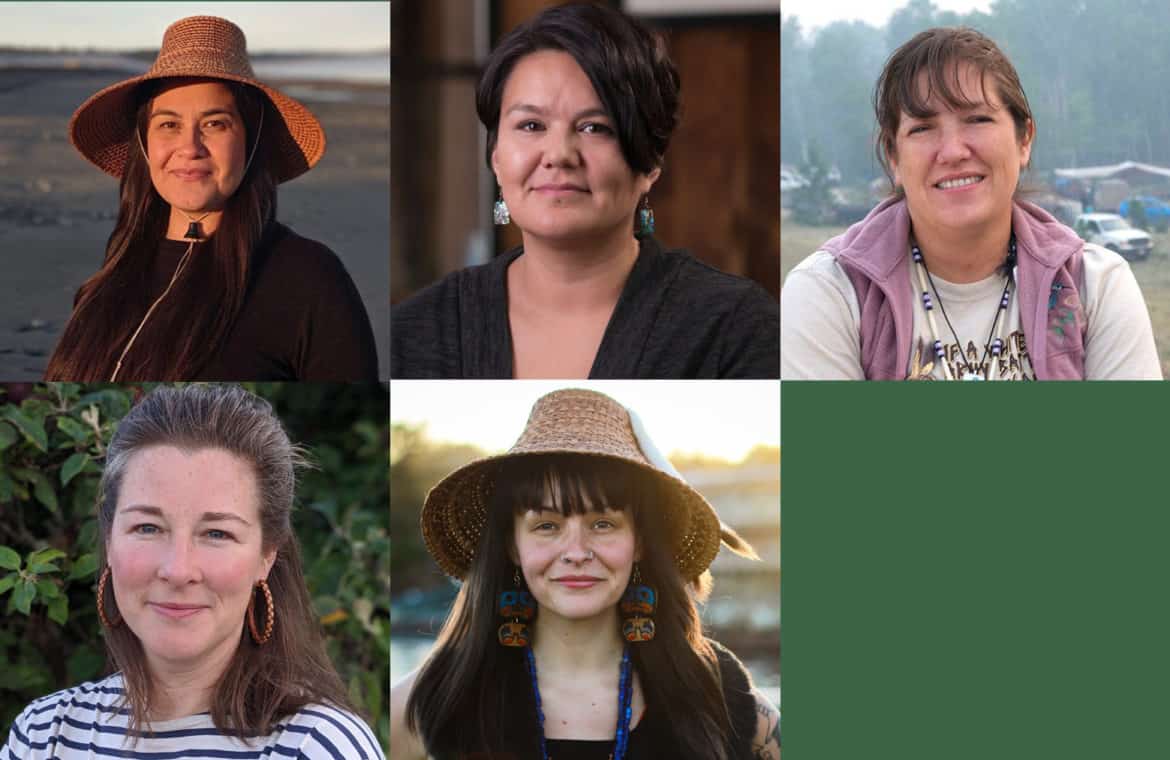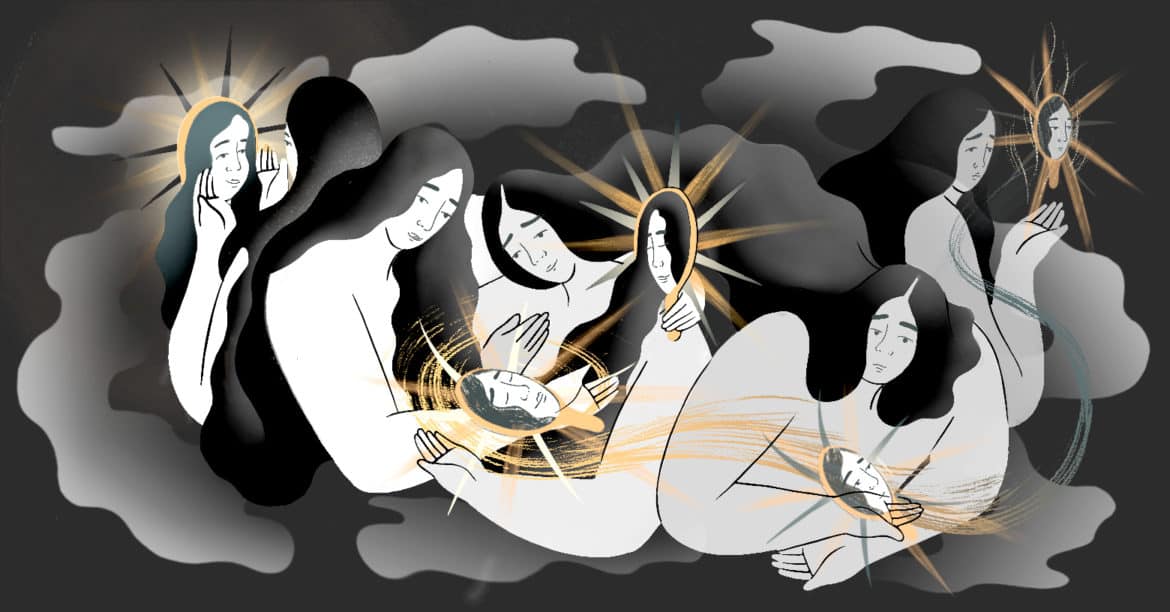A how-to guide for solving Canada’s digital inequity challenges
There is an urgent need to improve access to critical internet resources in underserved communities across Canada, but the digital equity gap can not be bridged by the private sector and governments alone. There is a clear role for philanthropy, too, in addressing these challenges, and a new how-to guide offers a blueprint.






